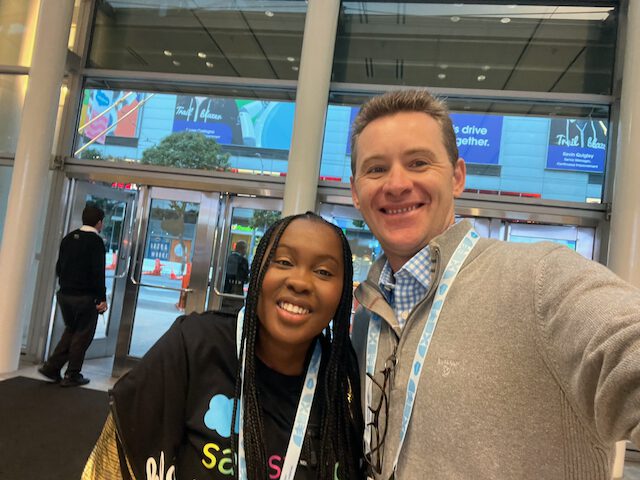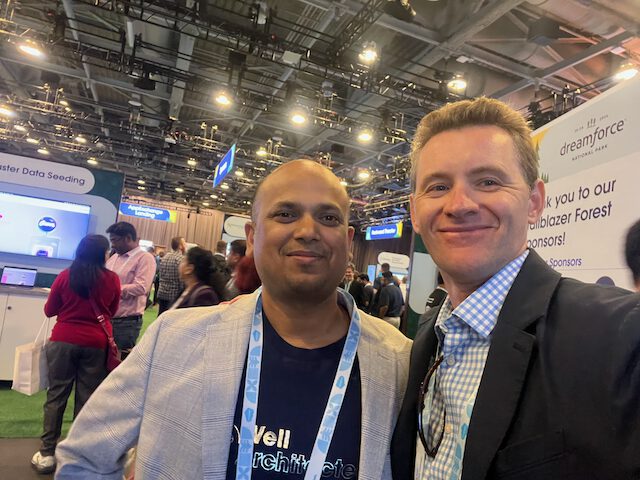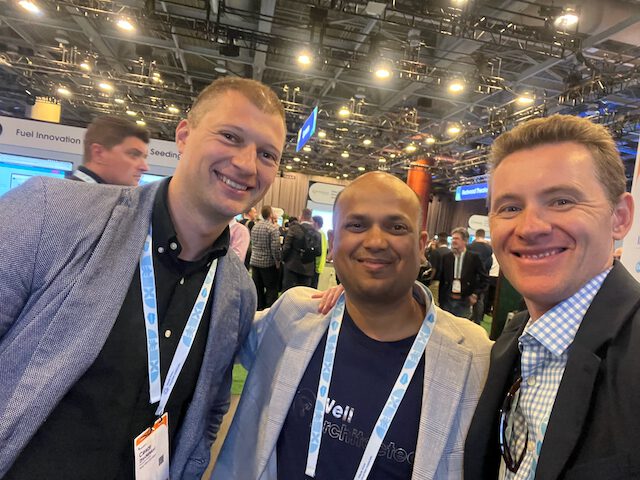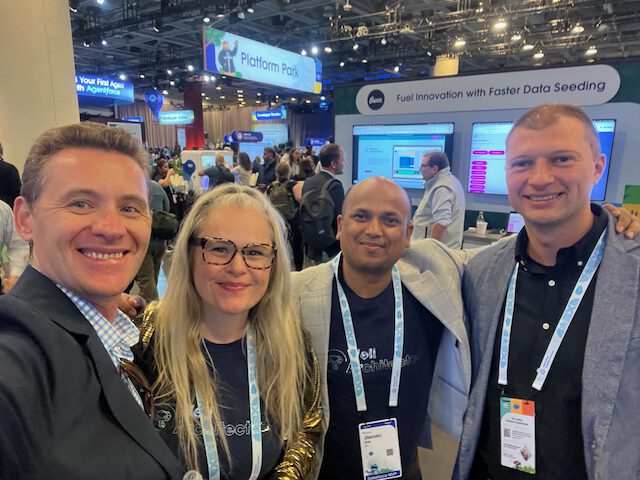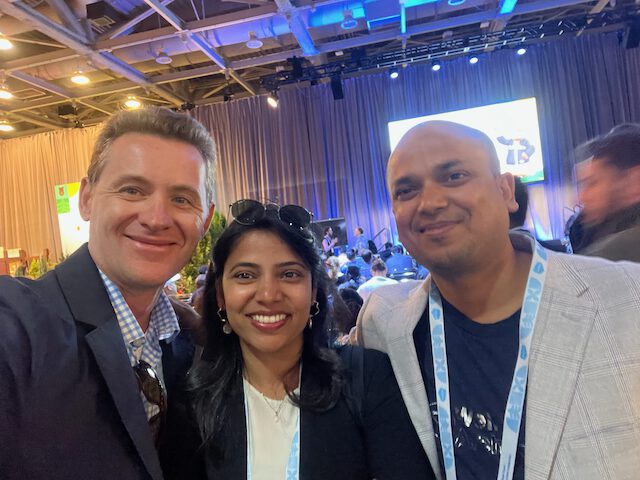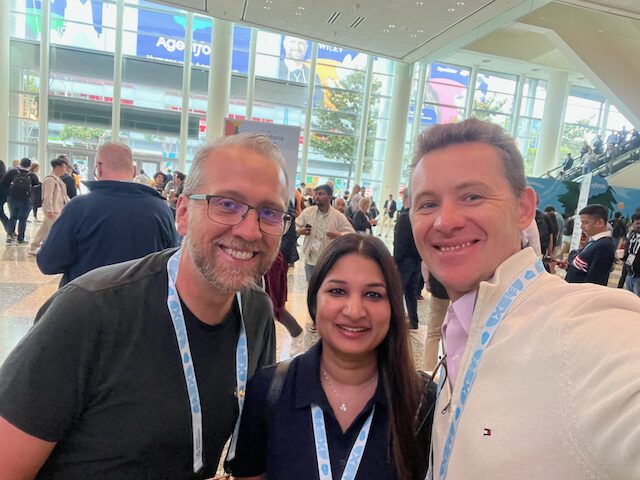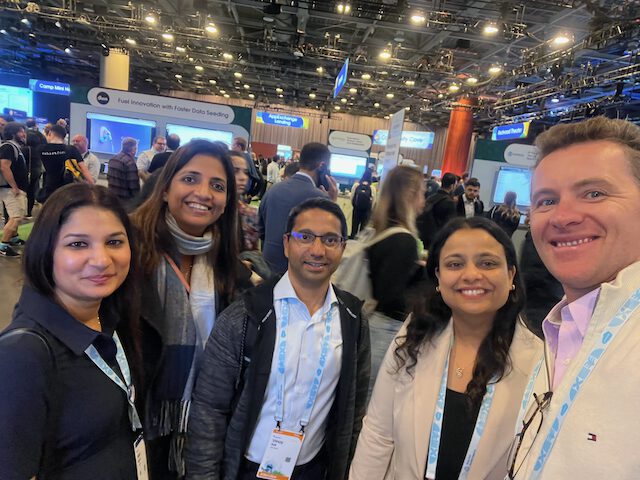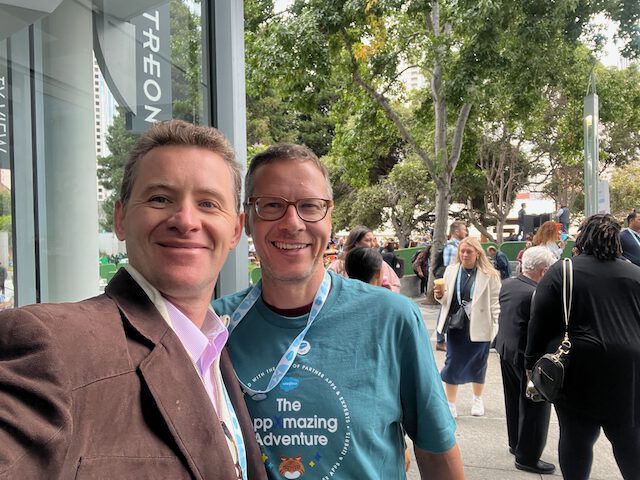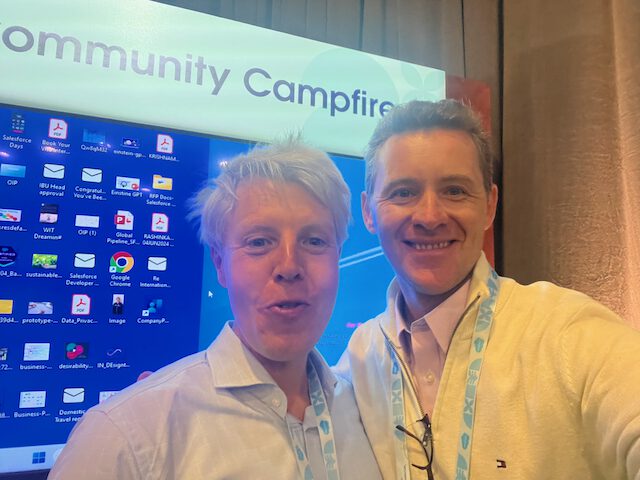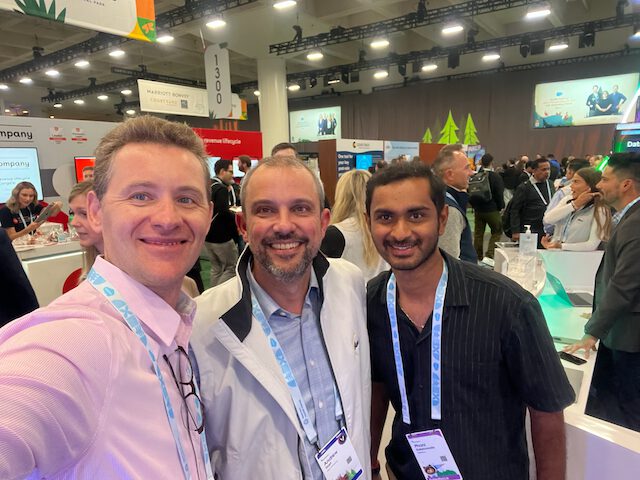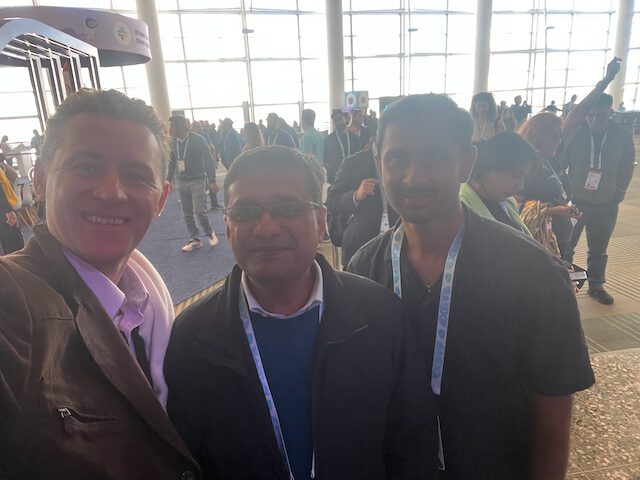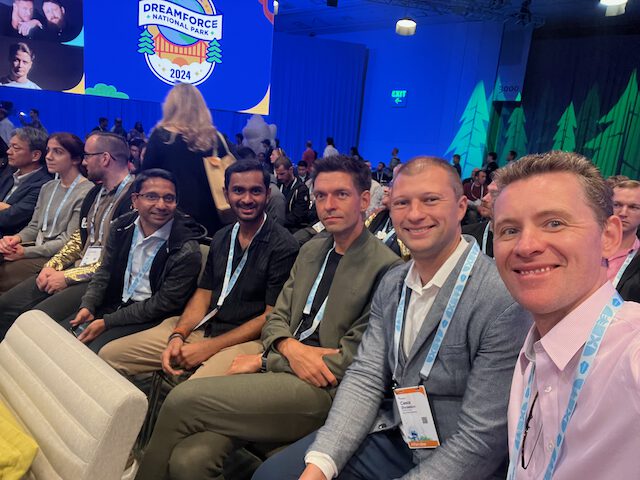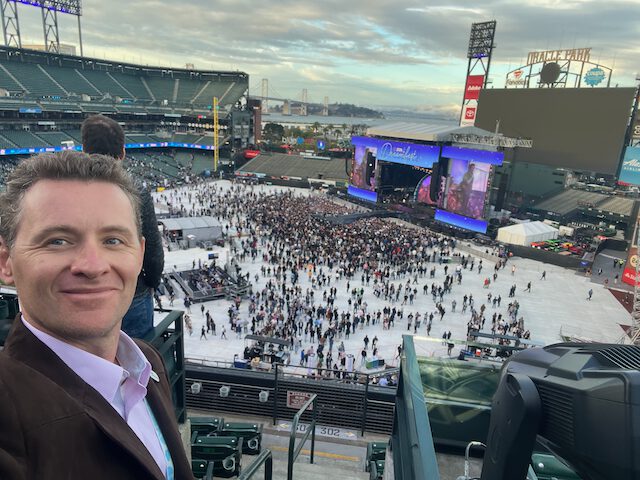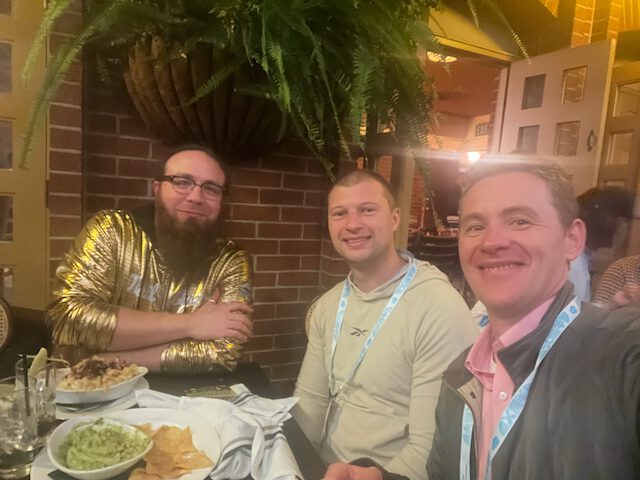Performance Testing, Scale Center and more…
October 7, 2024
Presentations
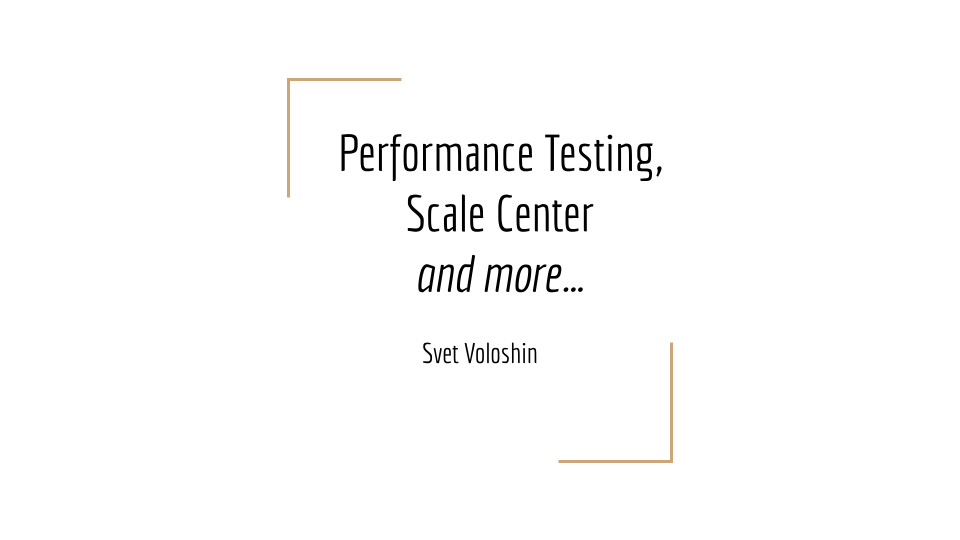
This deck provides a comprehensive overview of performance testing in the context of Salesforce, including its importance, methodologies, and available tools.
- Performance Testing: It emphasizes the need for specialized processes to evaluate efficiency, scalability, and reliability, especially in heavily customized or extensively used Salesforce environments.
- Environments: It explains the use of Staging Environments (Full Copy) for replicating real-world usage and Production Environments for real-time monitoring and optimization.
- Full Copy Sandbox: It details the characteristics, advantages, and limitations of Full Copy Sandboxes for testing, training, and development.
- Load Testing: It distinguishes between load testing (assessing behavior under expected user loads) and broader performance testing, outlining key differences and use cases.
- Tools: It introduces LoadRunner and its component VuGen for simulating user interactions and generating load for performance testing.
- Lightning Experience Performance Optimization (LEPO): It offers techniques for optimizing Lightning Experience, including component optimization, data and server interaction, user interface design, resource management, testing, monitoring, network and browser performance, and best practices.
- Org Scalability: It discusses the importance of scalability as business grows, covering data volume management, governor limits, application design, user and license management, integration scalability, performance testing, monitoring, maintenance, capacity planning, training, and change management. It also highlights the challenges and best practices for achieving scalability.
- Scale Testing Service (STS): It introduces STS as a solution for testing application scalability beyond the limitations of pre-production environments, especially for peak events.
- Salesforce Scale Center: It describes Scale Center as a tool for monitoring org performance metrics and errors, providing insights for troubleshooting and optimization.
- Shift Left Methodology: It advocates for early and continuous testing throughout the development cycle, emphasizing collaboration, proactive issue resolution, automation, quality focus, cost and time efficiency, and risk management.
- Performance Assistant: It highlights Performance Assistant as a central hub for information and resources on scalability and performance testing.
- ApexGuru: It introduces ApexGuru as an AI-powered tool for automating the detection of performance issues in Apex code, offering insights and recommendations.
- CodeT5 and CodeT5+: It briefly touches on these open-source LLMs (Large Language Models) for code intelligence tasks.
- Continued Learning: The deck concludes with links to additional resources for further learning.
Overall, this presentation provides valuable information for anyone involved in Salesforce development and administration who wants to ensure optimal performance and scalability of their applications.


